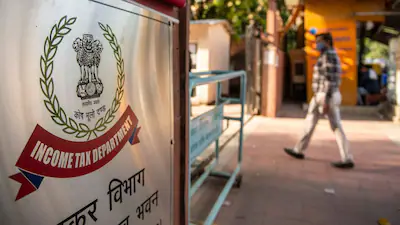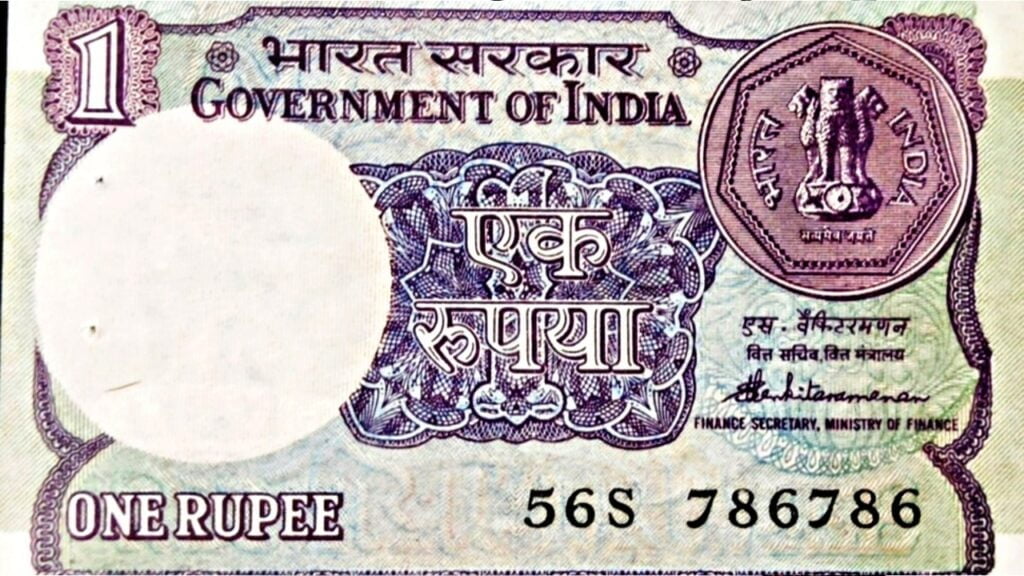Fake ITR Deduction Claims
Beginning July 14, 2025, this initiative seeks to rectify the issues created by deceptive claims that are costing the government crores and placing an additional burden on honest taxpayers. The objective is to curb tax leaks of around ₹15,000 crore.

What’s taking place in the nationwide tax leak investigation?
The Finance Ministry has announced that the Income Tax Department is carrying out an extensive verification campaign across states such as Maharashtra, Tamil Nadu, Delhi, Gujarat, Punjab, and Karnataka.
The focus is on individuals and structured networks, often headed by unreliable ITR preparers who have been submitting false claims to obtain substantial tax refunds or evade taxes entirely.
According to the ministry, these fraudsters are exploiting sections of the Income Tax Act, 1961, to assert deductions and exemptions that they are not eligible for.
The scam encompasses a broad range of individuals, from salaried employees at multinational corporations (MNCs) to government employees. Some have even concocted fake Tax Deducted at Source (TDS) returns to request large refunds.
The department is now leveraging advanced technologies like data analytics and artificial intelligence (AI) to identify these offenders and ensure accountability.

False claims, significant losses
The ministry’s statement reveals a troubling overview of how these scams operate. Fraudsters, frequently aided by professional intermediaries, submit ITRs featuring inflated or entirely fabricated deductions under sections such as 10(14) (allowances), 80GG (rent), 80E (education loans), 80D (health insurance), 80EE/80EEA (housing loans), and 80G/80GGA.
Some even take advantage of exemptions under section 10(13A) for house rent allowance (HRA) despite lacking eligibility.
These dishonest claims result in substantial revenue losses for the government. Past reports from the CBDT have estimated these losses to be in the thousands of crores each year.
To put it in context, India’s direct tax collections for FY 2023-24 reached ₹19.58 lakh crore, and even a minor fraction of dishonest claims can have a major impact. This not only strains the government’s finances but also delays refunds for trustworthy taxpayers and increases their tax liabilities.

How is the Tax Department responding?
Currently, the Income Tax Department is implementing an all-out offensive. Here’s how they are addressing this issue:
Technological Advantage: By utilizing data analytics, AI, and external data, the department is accurately identifying questionable ITRs with high precision.
Raids & Evidence Collection: Recent searches across six states have revealed proof of false claims, including forged documents and WhatsApp groups managing these frauds.
Legal Action & Sanctions: The CBDT is enforcing stringent penalties and pursuing legal measures against those discovered. Refunds are being held up, and ITRs are under investigation to eliminate fraudulent entries.
Expanding Investigations: The ministry indicates that this is merely the start. Additional inquiries are in progress to dismantle these fraudulent networks.
The department’s “Trust Taxpayers First” slogan emphasizes its dual strategy: assisting honest taxpayers while strictly targeting deliberate tax evaders.
Efforts to prevent a ₹15,000 crore loss
This operation goes beyond apprehending a few offenders; it aims to secure justice within India’s tax framework. Here’s a brief analysis of the implications:
Loss of Revenue: In FY 2022-23, industry specialists estimated that the government incurred a loss of ₹10,000-15,000 crore due to tax evasion and fraudulent activities. These funds could support essential initiatives like PM Awas Yojana or Ayushman Bharat.
Impact on Honest Taxpayers: When fraudsters evade consequences, the government often raises tax rates or postpones refunds to recover losses, adversely affecting honest taxpayers.
Public Confidence in the System: With only about 6% of India’s population filing ITRs in 2024, maintaining public confidence in the tax system is vital.
In tackling the problem of fraudulent ITR deduction claims, the Income Tax department seeks to uphold the integrity of India’s taxation system and guarantee that honest taxpayers are not affected by pervasive fraud. This effort also conveys a powerful message to individuals exploiting the system for immediate benefits.





